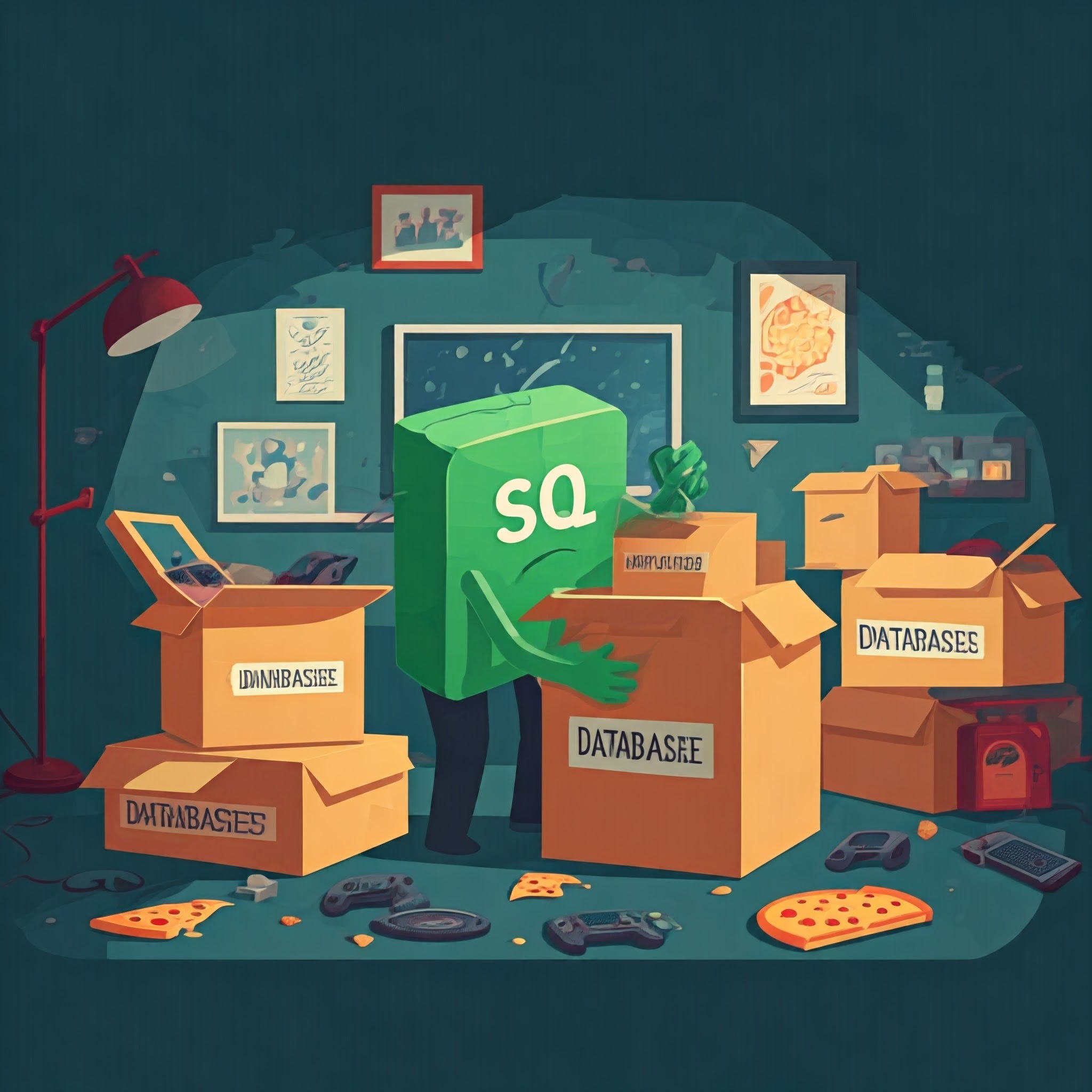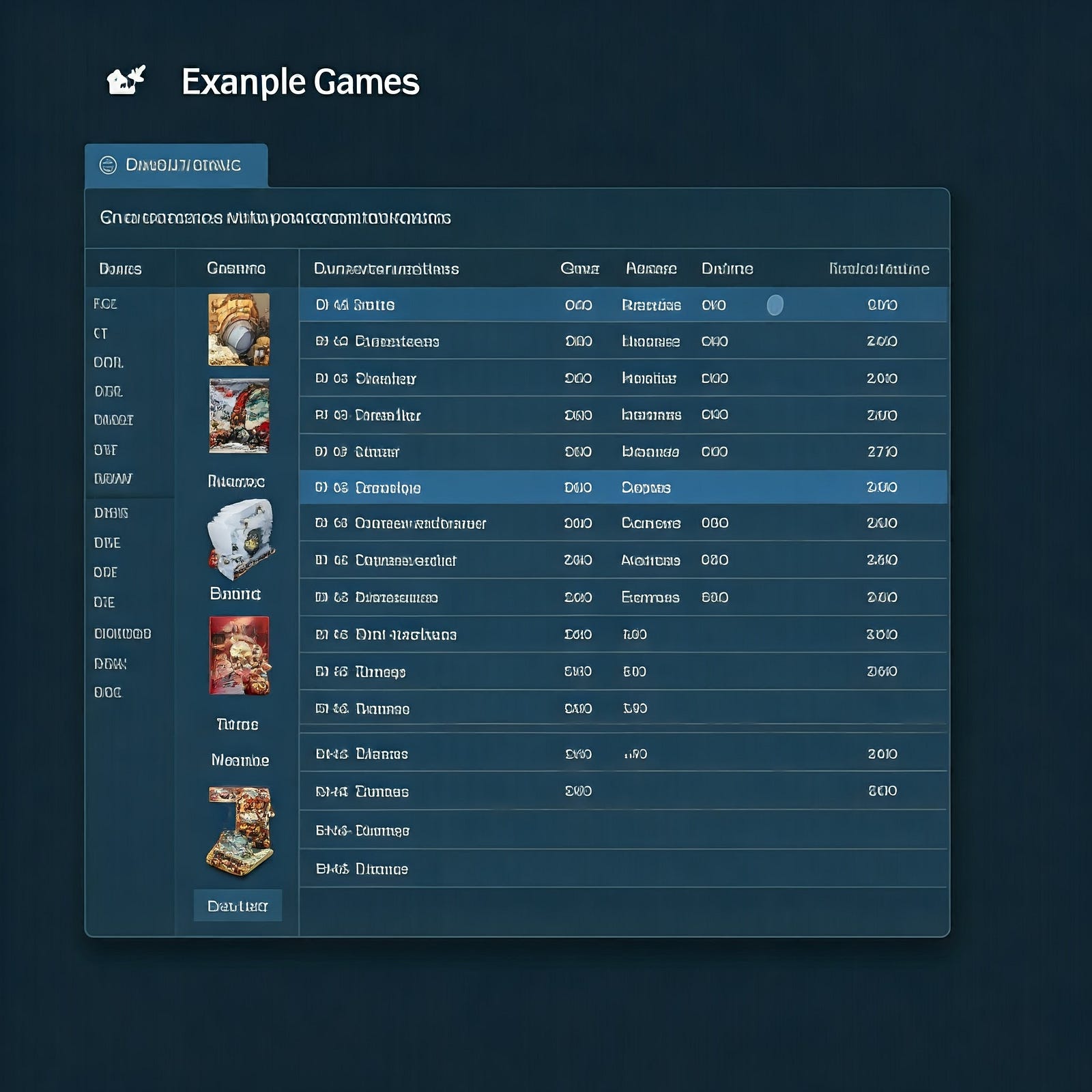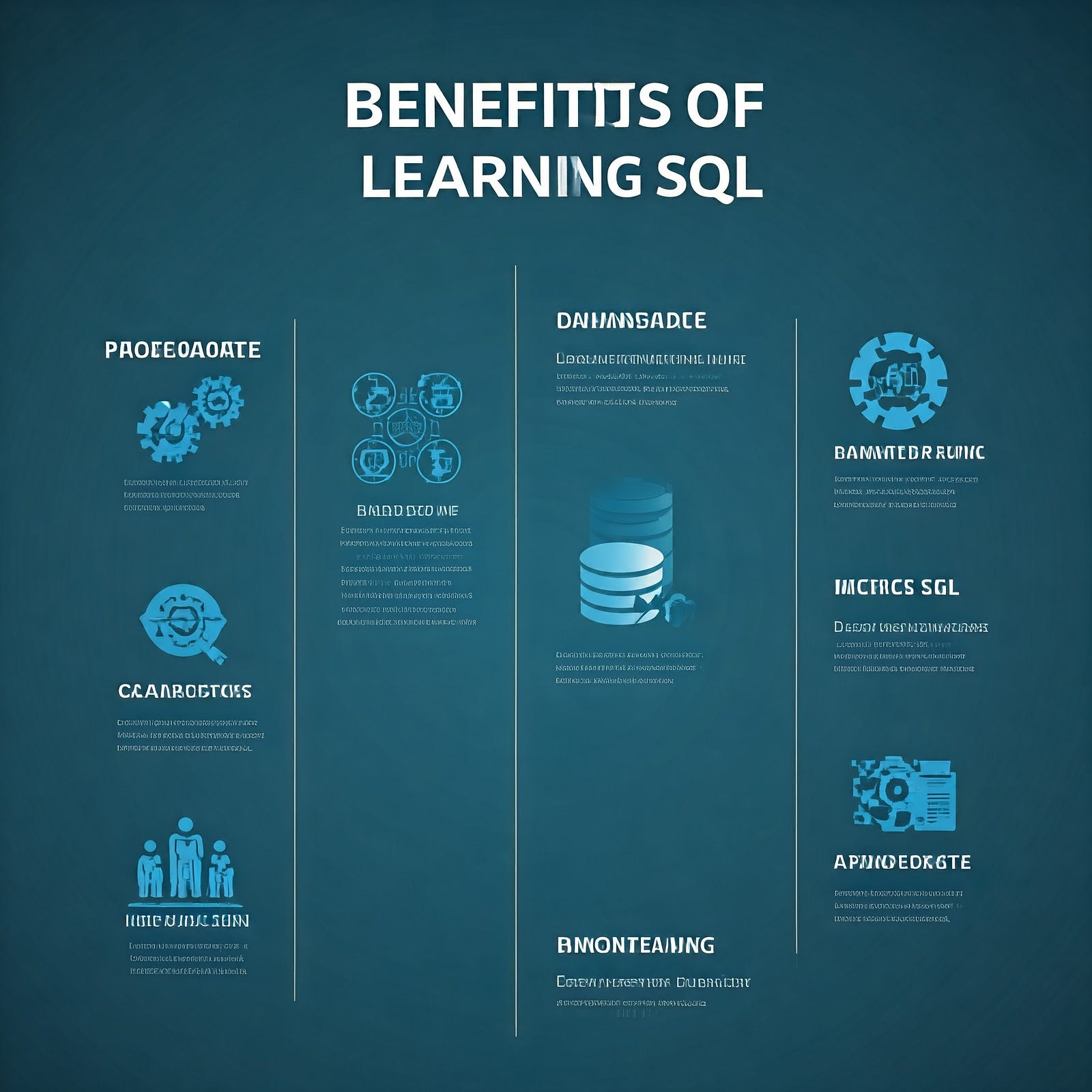Introduction to SQL
Imagine your room filled with video games, books, and snacks. Finding that one game you want to play? Total chaos! Now, think of SQL as your super-organized friend who knows exactly where everything is.
SQL stands for Structured Query Language — a special way to communicate with databases, which are like digital storage rooms.

What is Data?
Data is any piece of information you can think of — like your favorite song’s title, a photo of your pet, or your gaming stats. In tech terms, data can come in different forms, such as text, numbers, or even images.

Understanding Databases
Think of a database as a giant digital shelf where you keep all your important info. It organizes your data neatly, making it easy to find when you need it.
How Does a Database Work?
- Tables: Like shelves in your library, tables hold related information.
- Rows: Each row is an individual record. For example, one row might be all about the game “Minecraft.”
- Columns: Columns are the details about each game, such as
Title,Genre, andRating.

Fun Real-World Examples
Example 1: Organizing Your Game Collect
Let’s say you’re the proud owner of a massive game library. You create a table called Games with columns like Title, Genre, Release Year, and Rating.
Want to find all the games you rated 5 stars? You’d type this SQL command:
SELECT * FROM Games WHERE Rating = 5;

Example 2: School Projects Made Easy
Imagine you’re working on a group project. You can create a database to store all your research, with a table called Research_Papers. You might want to find all papers from 2023:
SELECT * FROM Research_Papers WHERE Year = 2023;
This helps you access all relevant info quickly!
Why SQL Matters in Your Life
SQL isn’t just for computer whizzes; it’s a skill everyone can use! Whether you’re managing your social media data, tracking sports statisticr organizing school projects, SQL helps you stay on top of your game. Here are a few reasons why learning SQL is beneficial:
- Data Analysis: Analyze data for school projects or personal interests.
- Job Opportunities: Many careers, from marketing to IT, value SQL skills.
- Problem-Solving: Develop critical thinking skills by manipulating and retrieving data.

Conclusion
SQL is the ultimate tool for finding, organizing, and managing data. Just like having a helpful friend in a messy room, SQL makes life easier by quickly helping you locate and organize your info. As you prepare for the future, mastering SQL will give you a superpower in the data-driven world!